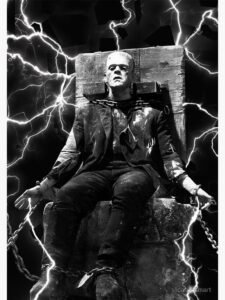The Scientific Revolution
The Scientific Revolution took place in the mid-sixteenth century with Copernicus‘ argument that the sun is at the center of the universe and as a result, natural world beliefs were tested and changed. The sixteenth and seventeenth centuries saw changes in people in the form of the degree of information available and accessible to them. These scientific discoveries also influenced how people saw knowledge. A craze for learning science developed among people. Instead of depending on conventional norms and ethos from authoritative sources, people preferred testing, observation, and proof to back up what they regarded to be “true.”
Science is often depicted as a noble and good pursuit; we praise the ambition to push the frontiers of knowledge and possibilities. Although, there is a narrow line between accomplishing scientific advancements and playing god. However, throughout history and till today, scientific experiments are done recklessly without much thought given to their consequences. Similarly, the story of Frankenstein shows how pursuing experiments in science and technology without concern for societal repercussions can have devastating effects.
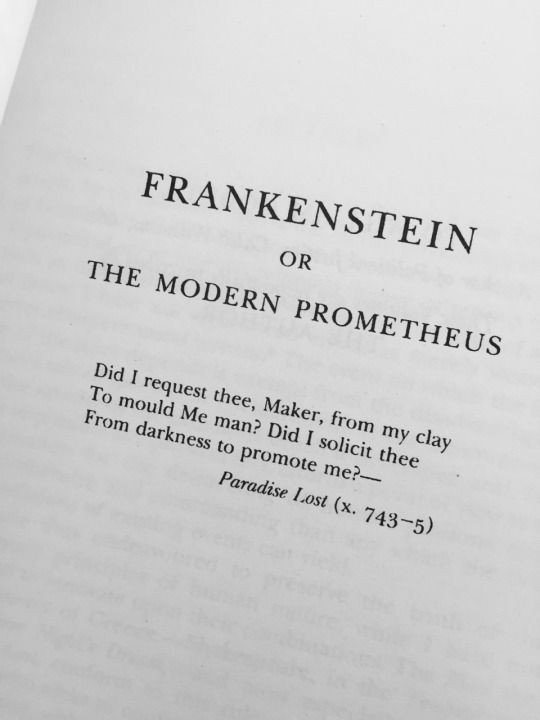
Frankenstein’s Early Life and his developing interest in Science
Victor Frankenstein is portrayed as someone deeply interested in the sciences from a very young age. Although, he had a strong interest in learning alchemy at first. His obsession with the physical sciences led him to his ruins, turning his happy childhood into a dreadful adulthood.
When he learns to create life, he gets obsessed, working nonstop to perfect his invention and ignoring other elements of his life in the process. He even forgot about his family, his much-cherished friend, Henry Clerval, and his bride-to-be Elizabeth Lavenza. Most of the characters are killed by the monster by the end of the novel and Victor Frankenstein meets with utter loneliness just like the Monster.
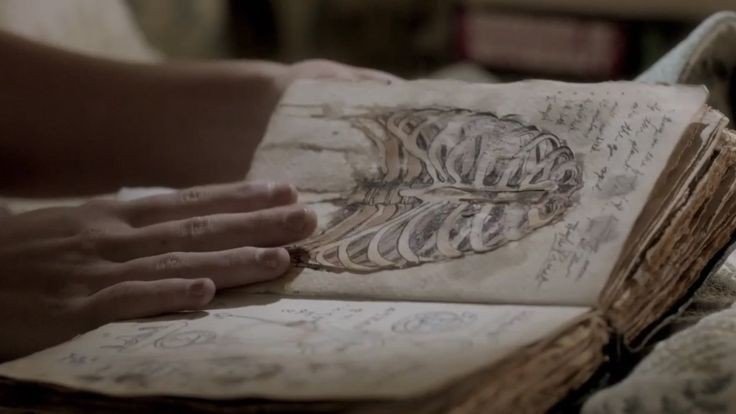
The role of Science in the Industrial Age
Mary Shelley wrote Frankenstein in the industrial age, addressing the search for knowledge, focusing on the ethical, moral, and theological consequences of science. The tragic example of Victor Frankenstein helps to emphasize the dangers of man’s insatiable drive for knowledge, a science devoid of morals.
Christians believe the act of creation is an act of God. Meddling with such issues, as Frankenstein and Faustus did, was to place oneself on the same level as God. When medical studies demanded a deeper understanding of anatomy and the potential of experimental operations, the concept of mutilating and dissecting corpses for the sake of experimenting became a more genuine dread.
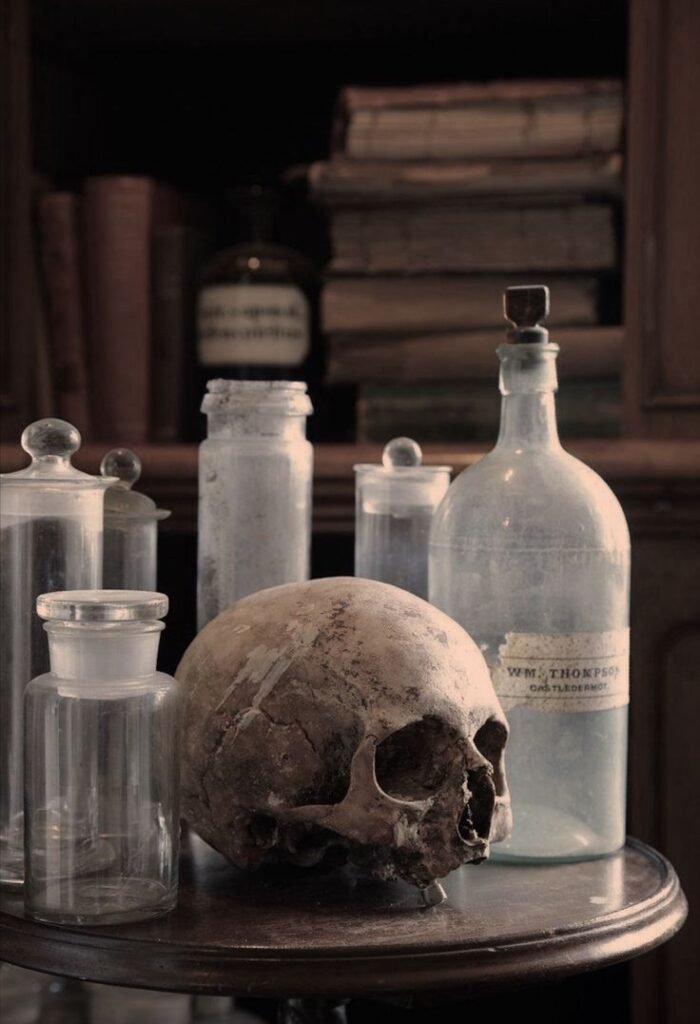
Frankenstein’s thirst for Knowledge and the Creation of the Monster
Although the creation of the monster is portrayed as an unrivaled accomplishment of scientific discovery, it brings nothing but pain, dread, and ruin to his creator. In some ways, the monster’s creation is a punishment for Frankenstein’s uncontrolled desire for knowledge. Frankenstein tried to become God, by producing a creature without the union of a male and a female.

Frankenstein’s Warning
Frankenstein warns all those who have a thirst for knowledge to learn from him. He says, “Learn from me, if not by my teachings, then by my example, how harmful knowledge acquisition is…” Yet, this statement has a lot of controversies on its plate. Victor instructs his audience to “learn” from him before warning them of the dangers of knowledge. Learning and knowledge are intricately intertwined; one naturally leads to the other. Victor might have easily substituted a sentence like “listen to me.”
Victor goes on to say that a man “who believes his native town to be the world” is “happier” than one with a quest for knowledge. While Victor appears to be attempting to celebrate a simpler, more rural way of life, there is a sarcastic tone applied in it.
The word “native” also suggests a primitive individual, in Shelley’s day, the phrase would have carried considerably deeper overtones of ignorance than it does now. While the term appears to be identical with “hometown,” it conjures up thoughts of a primitive, completely ignorant guy, possibly just a few degrees away from the “savages” of distant places in the eighteenth century. Therefore, he points that thirsting for knowledge is incomparably preferable than languishing in ignorance.
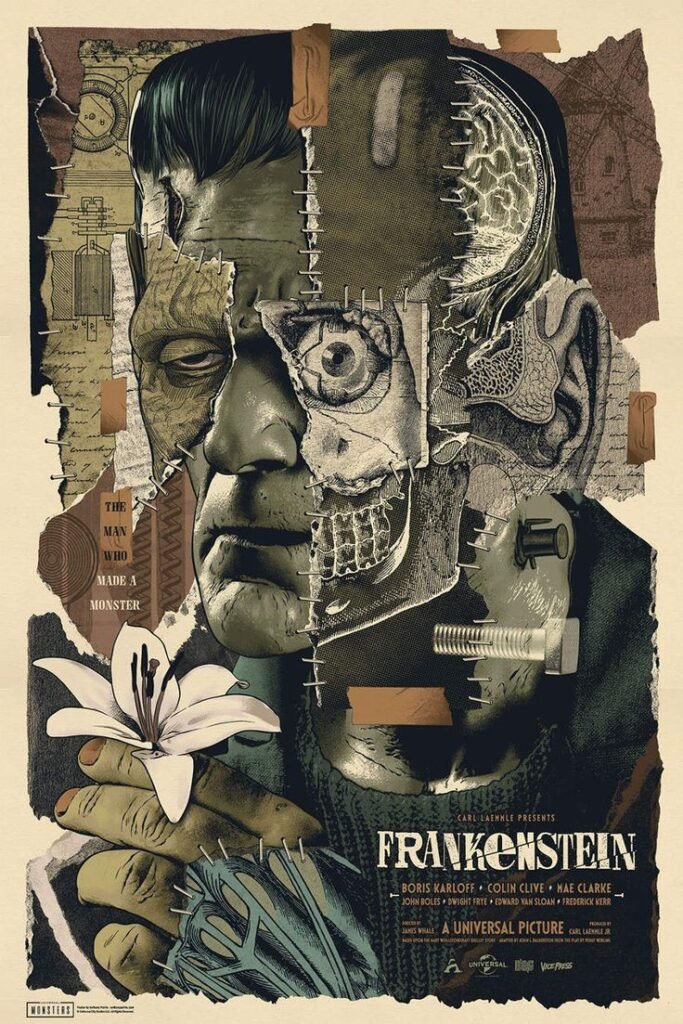
Therefore, we can conclude by saying that Science played a huge role in Victor Frankenstein’s life who becomes obsessed with the glory of accomplishment without thinking about its consequences.
Read about why Frankenstein created the Monster?

